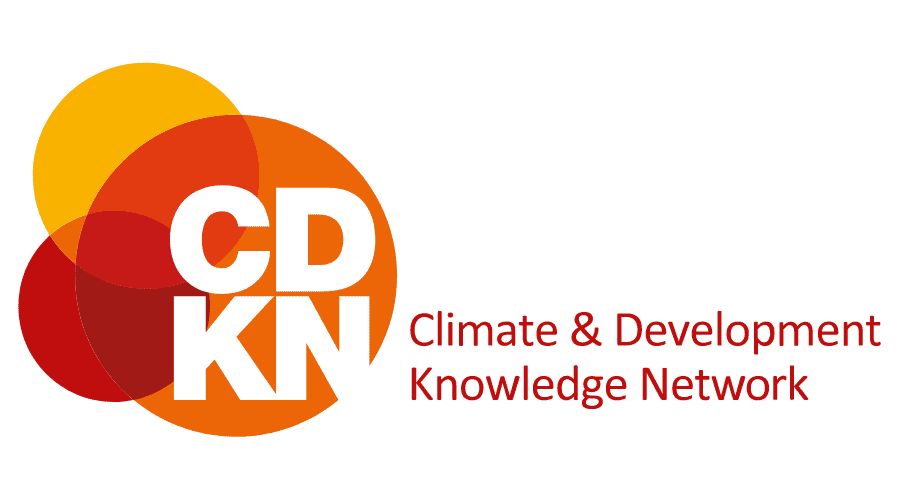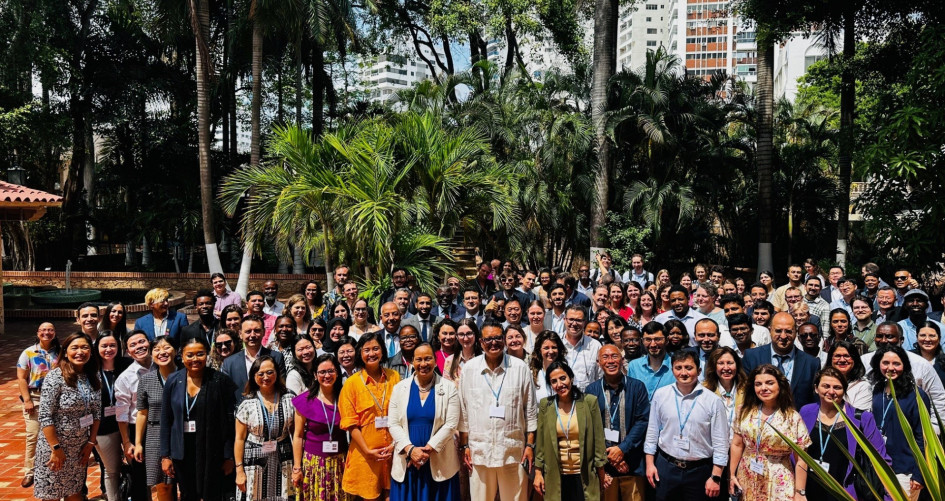
Credit: UN Climate Change
Ninth technical expert dialogue and first meeting under the ad hoc work programme, 23-26 April 2024, Cartagena, Republic of Colombia
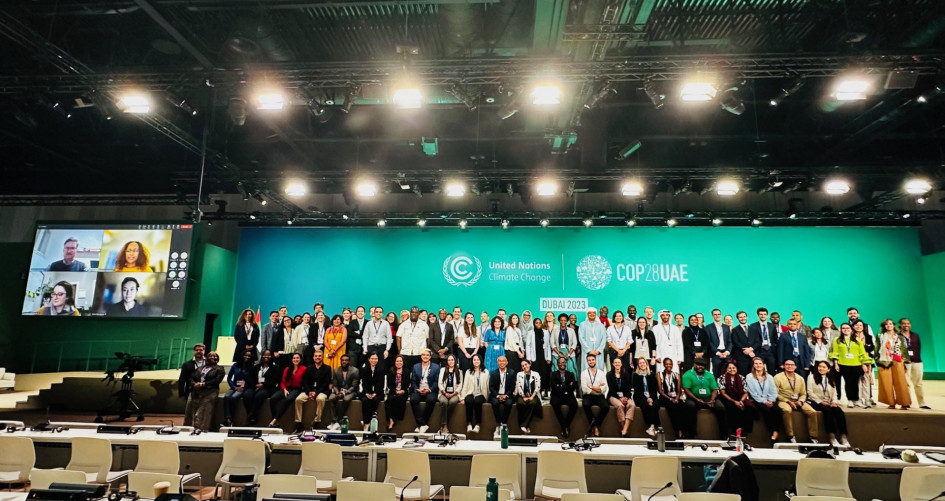
Eighth technical expert dialogue, 28 November 2023, Plenary Al Ghafat, Expo City Dubai, United Arab Emirates
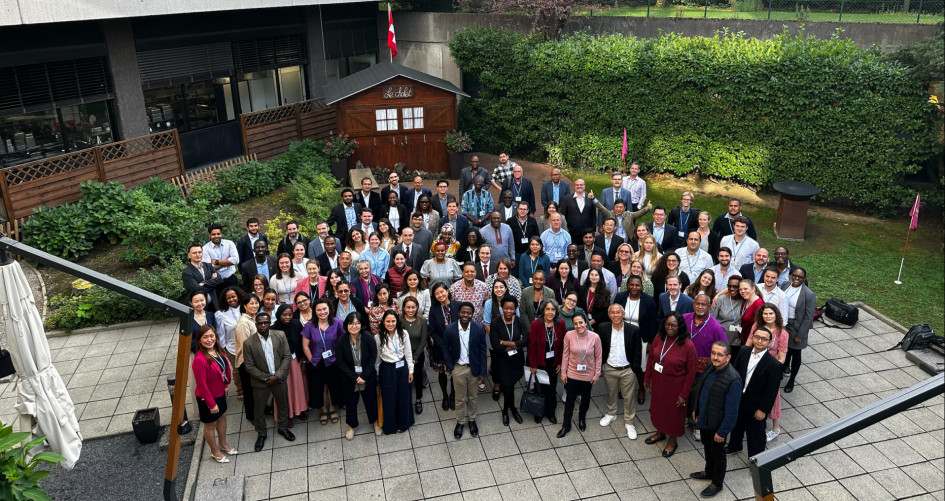
Seventh technical expert dialogue, 30 September-2 October 2023, Crowne Plaza Hotel, Geneva, Switzerland
Sixth technical expert dialogue, 12-13 June 2023, AMERON Bonn Hotel Königshof, Bonn, Germany
Credit: UNFCCC secretariat
Fifth technical expert dialogue, 8-10 March 2023, UNOV, Vienna, Austria
Credit: ADB Headquarters, Metro Manila, Philippines
22-25 March 2022, Cape Town, South Africa
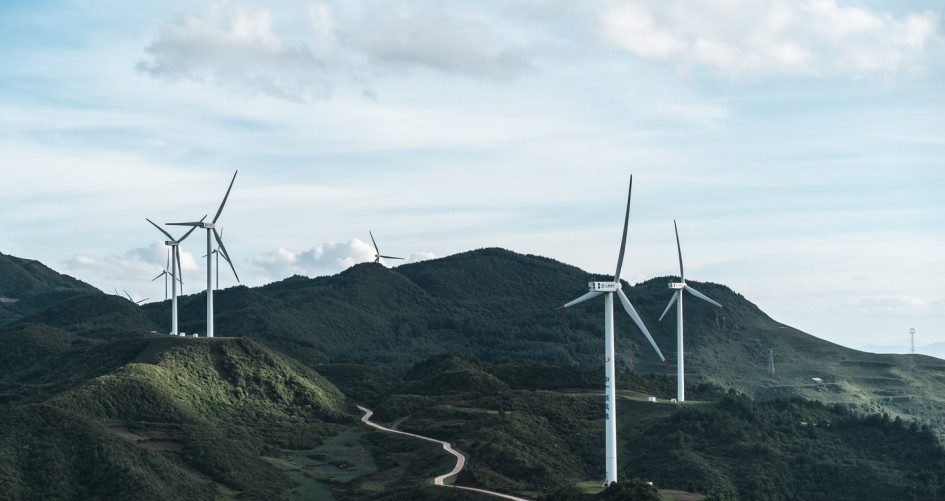
© Fuxian Lake/Luo Lei/Unsplash

Credit: UN Climate Change
Ninth technical expert dialogue and first meeting under the ad hoc work programme, 23-26 April 2024, Cartagena, Republic of Colombia

Eighth technical expert dialogue, 28 November 2023, Plenary Al Ghafat, Expo City Dubai, United Arab Emirates

Seventh technical expert dialogue, 30 September-2 October 2023, Crowne Plaza Hotel, Geneva, Switzerland
Sixth technical expert dialogue, 12-13 June 2023, AMERON Bonn Hotel Königshof, Bonn, Germany
Credit: UNFCCC secretariat
Fifth technical expert dialogue, 8-10 March 2023, UNOV, Vienna, Austria
Credit: ADB Headquarters, Metro Manila, Philippines
22-25 March 2022, Cape Town, South Africa

© Fuxian Lake/Luo Lei/Unsplash
